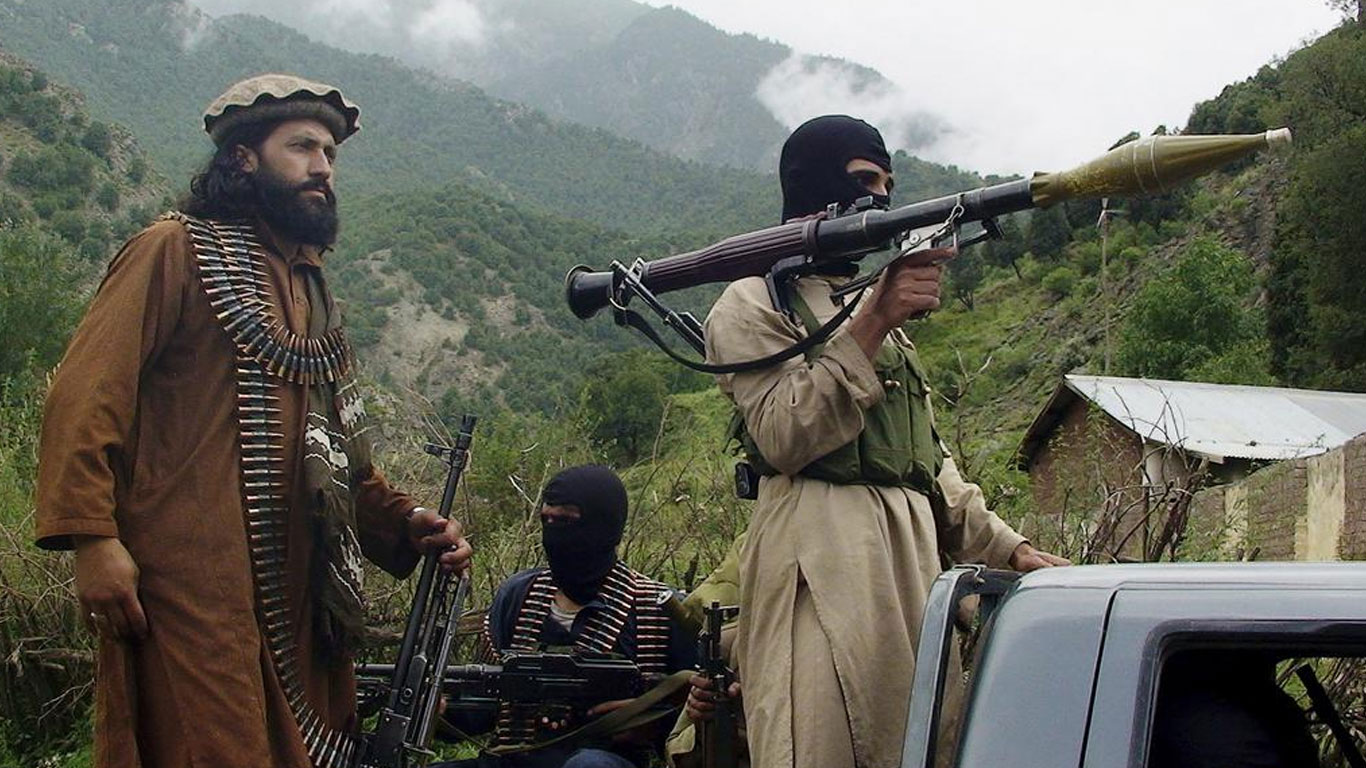In a decisive move following the controversial Pahalgam incident, the government of Pakistan has resolved to take India's alleged involvement in domestic terror attacks to the United Nations Security Council and other global platforms.
The Ministry of Foreign Affairs has been tasked with compiling a detailed and evidence-backed case against India, highlighting its alleged support for terrorism in Pakistan — particularly in regions like Balochistan.
According to senior federal sources, after the April 23rd Pahalgam attack in Indian Illegally Occupied Jammu and Kashmir — which India quickly blamed on Pakistan — the Modi government has failed to present credible proof linking Pakistan to the tragedy. Pakistani authorities believe the incident was either a false flag operation or a politically motivated stunt to deflect attention from internal failures and are now gearing up for a robust diplomatic counteroffensive.
“India is attempting to hide its own security lapses by launching baseless propaganda through its media,” said a senior official, adding that the Indian government is now in a state of panic over Pakistan’s active diplomatic response.
Pakistan’s strategy involves reaching out to relevant international bodies and briefing global stakeholders through high-level delegations. These discussions will include concrete evidence of India’s alleged funding, arming, and harbouring of extremist elements inside Pakistan — a campaign Islamabad claims has intensified over recent years.
In particular, the Foreign Office will highlight how India has targeted areas like Balochistan through indirect warfare and proxy terrorism. The message to the global community is clear: “Pakistan condemns terrorism in all its forms and remains one of its biggest victims.”
The government has also rejected any pressure to compromise national interests or diplomatic sovereignty for the sake of engagement with India. “No backdoor diplomacy or friendly gestures can override national security,” an official stated, urging India to retract its false narratives and aggressive posturing around the Pahalgam event.
Meanwhile, friendly countries have reportedly expressed their willingness to support Pakistan’s stance, following Islamabad’s proactive engagement after India’s claims.
Adding to the rising tensions is India’s recent announcement regarding the potential withdrawal from the Indus Waters Treaty. In response, Pakistan is finalising a legal and diplomatic case to counter India’s unilateral actions, which it considers a violation of international agreements. The matter is expected to be taken to the World Bank, the International Court of Justice, and other dispute resolution bodies with Prime Minister Shehbaz Sharif’s approval.
“India is facing failure on every front — from diplomacy to propaganda,” officials say, expressing confidence that Pakistan will succeed in both exposing Indian aggression and safeguarding its water and territorial rights.






